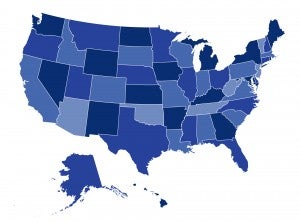Navigator Guide FAQs of the Week: The Risks of Buying Coverage Outside the Marketplace

As 2023 comes to a close, it’s time to think about health insurance for 2024. Consumers searching for a 2024 plan online may come across products that do not have to comply with the Affordable Care Act’s (ACA) consumer protections. This week, we’re highlighting frequently asked questions from our Navigator Resource Guide concerning the risks of buying coverage outside the ACA’s Marketplace.






